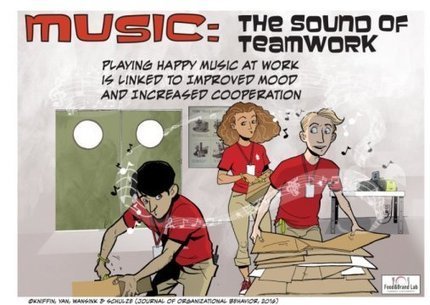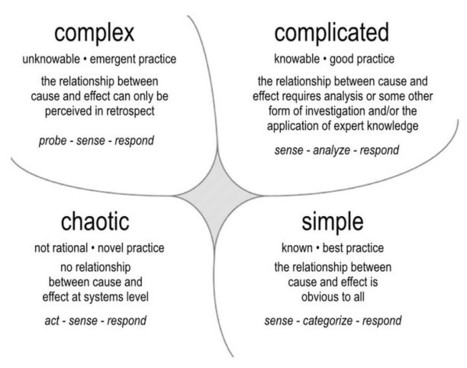Have you ever worked hard to improve a valuable skill and made real progress, only to have your development go unnoticed by the people who told you that you needed to improve? Perhaps this led you to look for a new job. Or maybe you’re a manager who’s been disappointed by poor performance and concluded that your low-performing employees are simply over-entitled? So you gave up on trying to help them improve and vented your frustration with colleagues behind closed doors.
Both of these commonplace experiences point to problems caused by a fixed mindset, in which we find it hard to believe that people can change. In the first scenario, an employee is judged as having low potential—and this assessment blinds leaders to the progress he’s made. In the second, the manager’s conviction that her employees will never change makes her less likely to engage in leadership behaviors that support development. The bottom line in both cases is that employees are less likely to reach their potential.
Via
The Learning Factor,
Kevin Watson



 Your new post is loading...
Your new post is loading...

















